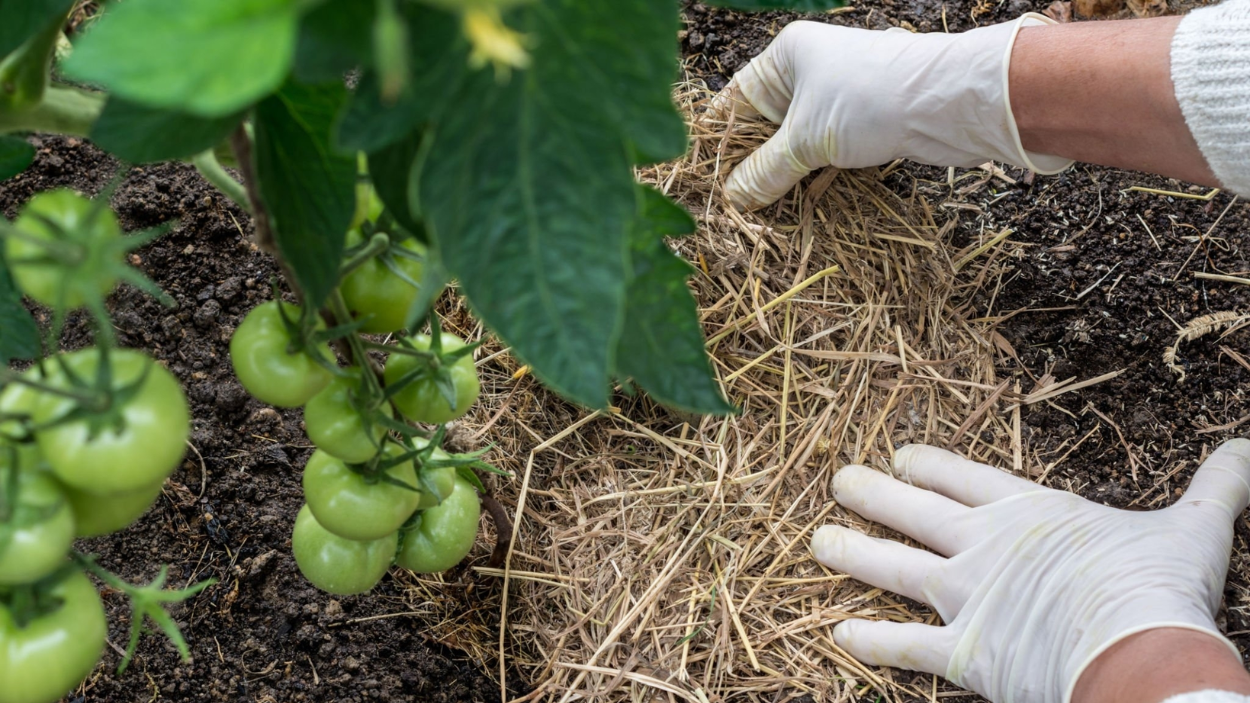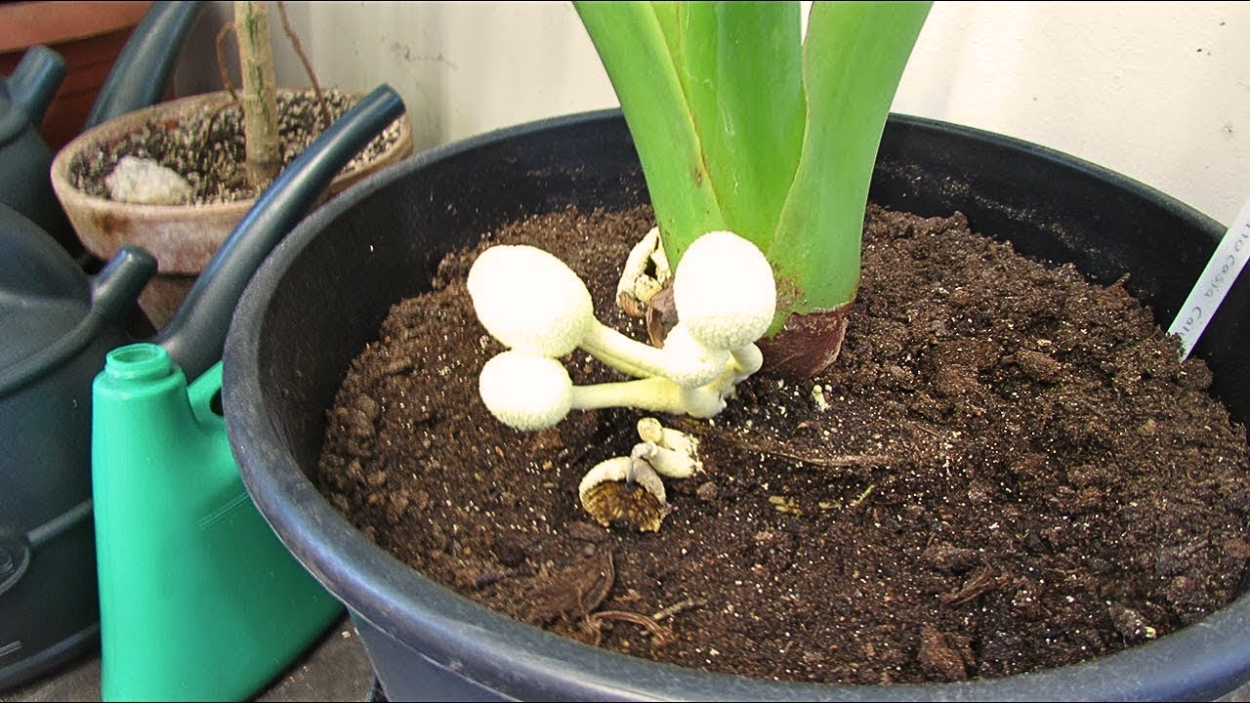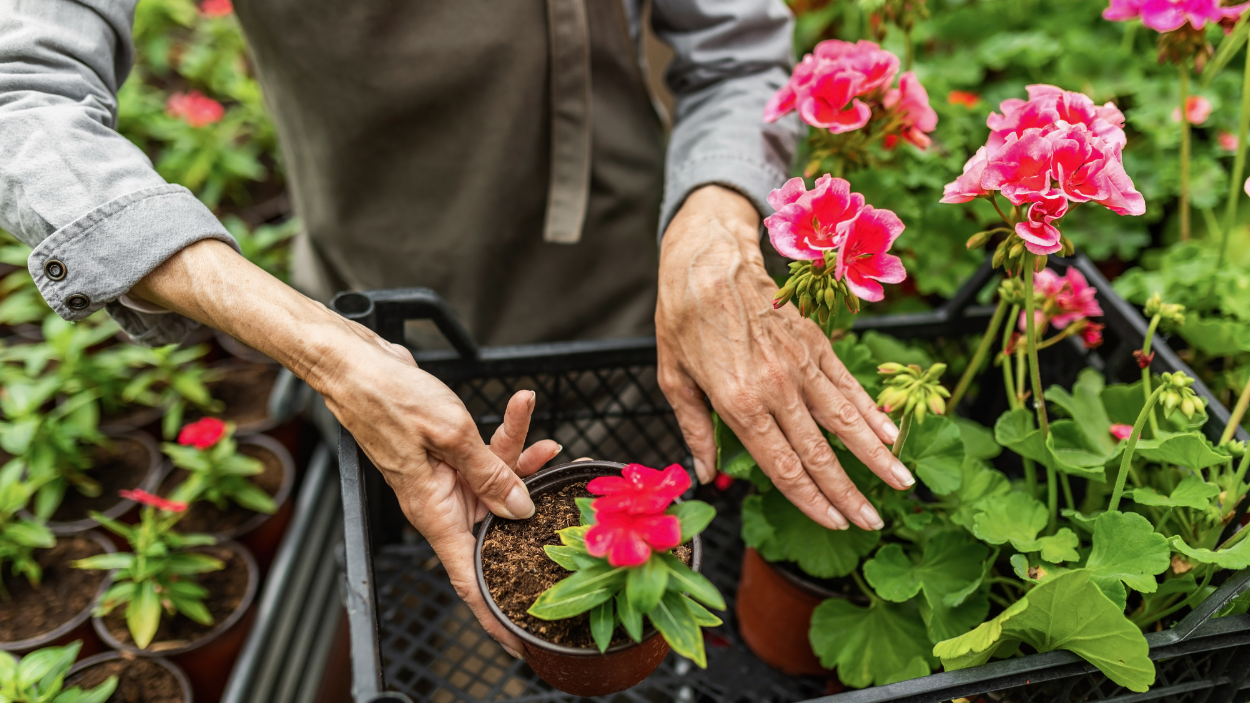Mulching is crucial for vegetable gardens, offering benefits like improved soil structure, moisture retention, and weed suppression. Organic options like straw and wood chips enrich the soil and moderate temperature, while synthetic mulches provide effective weed control and moisture conservation. Consider your crop needs, climate, and materials available when choosing a mulch. By implementing mulching, you create an ideal environment for healthy vegetable growth, reduced weed competition, water conservation, and abundant harvests.
What Is Mulch?
Mulch refers to a layer of material, typically organic or synthetic, applied to the soil surface around plants. It serves multiple purposes in gardening, including conserving moisture, suppressing weed growth, moderating soil temperature, and improving soil health. Organic mulches, such as wood chips, straw, or compost, break down over time, enriching the soil with nutrients. Synthetic mulches, like plastic or landscape fabric, provide longer-lasting weed control and moisture retention. Mulch acts as a protective covering that benefits plants by creating a favorable growing environment and reducing the need for excessive watering and weeding.
Two Types Of Mulch
Type 1. Organic Mulch: This type of mulch is made from natural materials such as wood chips, straw, leaves, grass clippings, or compost. Organic mulch breaks down over time, gradually adding nutrients to the soil. It helps retain moisture, regulate soil temperature, suppress weed growth, and improve soil structure. Organic mulch is environmentally friendly and promotes a healthy ecosystem in the garden.
Type 2. Synthetic Mulch: Synthetic mulch is made from materials like plastic or landscape fabric. It is typically longer-lasting compared to organic mulch and provides effective weed control and moisture retention. Synthetic mulch is often used in commercial agriculture or in areas with specific requirements, such as high water conservation or heat retention. While it doesn't contribute to soil fertility like organic mulch, synthetic mulch can be a practical choice for certain applications.
Best Vegetable Garden Mulches
1. Straw: Straw is a popular organic mulch for vegetable gardens. It helps retain moisture, suppresses weeds, and breaks down slowly, enriching the soil with nutrients over time.
2. Wood Chips: Wood chips make an excellent mulch choice for vegetable gardens. They help conserve moisture, regulate soil temperature, and inhibit weed growth. However, avoid using fresh wood chips, as they can deplete nitrogen from the soil during decomposition.
3. Compost: Compost is a fantastic mulch option as it improves soil fertility, enhances moisture retention, and provides a slow release of nutrients to vegetable plants. Apply a layer of compost around the base of plants to enrich the soil and suppress weeds.
4. Grass Clippings: If you have a chemical-free lawn, grass clippings can be used as mulch in vegetable gardens. They create a dense layer that conserves moisture and prevents weed growth. Ensure that the clippings are dry before applying them to avoid clumping.
5. Newspaper or Cardboard: These materials can be used as a weed barrier under other organic mulches. Wet them down and place them over the soil, then cover them with a layer of straw or wood chips. They help suppress weeds and break down gradually over time.
6. Black Plastic: Black plastic mulch is a synthetic option that absorbs heat, warms the soil, and promotes early plant growth. It also provides effective weed control by blocking sunlight. Secure the plastic tightly to the soil's surface and create planting holes for your vegetable plants.
Remember to adjust the thickness of the mulch layer based on the specific needs of your vegetable plants and the climate conditions in your area. Experiment with different mulches to find the best fit for your garden's requirements.
Benefits of Mulch for Vegetable Gardens
Mulching offers a multitude of benefits for vegetable gardens.
One of the key advantages is moisture conservation. By covering the soil surface with mulch, evaporation is reduced, helping to retain moisture and ensuring a more consistent water supply for the vegetable plants.
Additionally, mulch acts as a natural weed suppressant, preventing weed growth by blocking sunlight and hindering weed seed germination. This reduces the competition for nutrients, water, and sunlight, allowing vegetable plants to thrive.
Mulch also plays a vital role in regulating soil temperature, keeping the soil cooler during hot weather and providing insulation during colder periods, creating a favorable environment for root development. Another advantage is the improvement of soil health. Organic mulches, as they break down over time, enrich the soil with nutrients and organic matter, enhancing fertility and supporting beneficial microbial activity.
Mulch also helps control soil erosion by minimizing the impact of heavy rain or wind on the soil surface. Furthermore, it can act as a physical barrier, reducing soil splashes that can spread diseases.
Lastly, mulch adds aesthetic appeal to the vegetable garden, giving it a well-maintained and visually appealing appearance.
Mulches To Avoid
While mulching provides numerous benefits to vegetable gardens, there are certain types of mulches that are best avoided:
Type 1. Fresh Manure: Using fresh manure as mulch is not recommended for vegetable gardens. It can contain high levels of nitrogen, which, when not properly composted or aged, can burn plant roots and negatively impact plant growth.
Type 2. Walnut Leaves or Husks: Walnut trees produce a substance called juglone, which is toxic to many vegetable plants. Mulching with walnut leaves or husks can inhibit the growth of sensitive plants, leading to stunted growth or even plant death.
Type 3. Synthetic Mulches with Toxic Chemicals: Certain synthetic mulches, such as rubber mulch or colored mulches treated with chemicals, may leach harmful substances into the soil over time. These chemicals can potentially be absorbed by vegetable plants, posing a risk to human health.
Type 4. Invasive Plant Materials: Mulching with invasive plant materials, such as chopped-up invasive plants or their seeds, can introduce these plants into your garden, leading to future weed problems. It's important to avoid using invasive species such as mulch to prevent their spread.
Type 5. Diseased Plant Material: Using mulch made from diseased plant material can introduce pathogens into the garden. It is best to avoid using mulch derived from plants that have suffered from diseases to prevent the spread of infections to healthy plants.
Frequently Asked Questions
Q1: How thick should the mulch layer be in a vegetable garden?
A: A mulch layer of 2 to 4 inches is generally recommended for vegetable gardens. However, it's important to consider the specific mulch material and its properties, as some may require different thicknesses.
Q2: When is the best time to apply mulch in a vegetable garden?
A: Mulch can be applied at any time during the growing season. It is often best to wait until the soil has warmed up and the vegetable plants are established. Apply mulch when the soil is moist to help retain moisture and inhibit weed growth.
Q3: Should I remove the old mulch before adding a new layer?
A: It depends on the type of mulch and its condition. Organic mulches like straw or wood chips can be turned into soil as they break down, adding nutrients to the soil. However, if the mulch has become matted or compacted, it's advisable to remove the old layer before adding fresh mulch.
Final Thought
To create a thriving vegetable garden with optimal yields, choosing the right mulch is essential. Organic mulches offer benefits like enriching the soil, suppressing weeds, and conserving moisture. Synthetic mulches provide advantages such as heat retention and weed prevention. By selecting the appropriate mulch based on your specific requirements and growing conditions, you can enjoy a productive garden that requires less maintenance and yields high-quality vegetables. Experiment with different mulch types and techniques to find what works best for your garden, and reap the rewards of a bountiful harvest.




